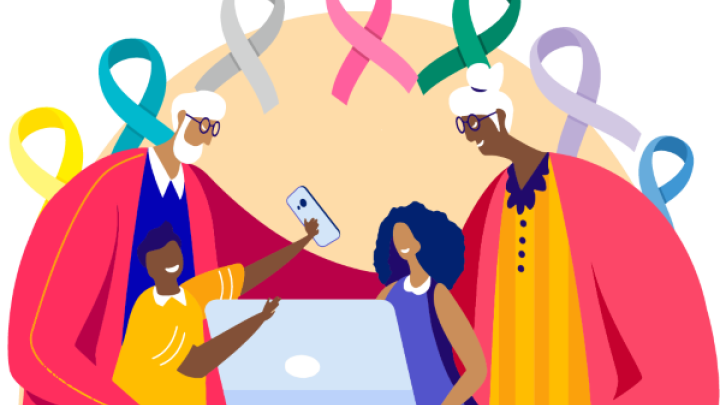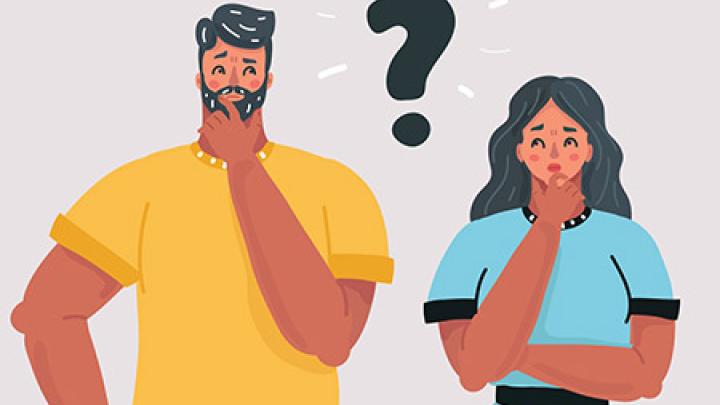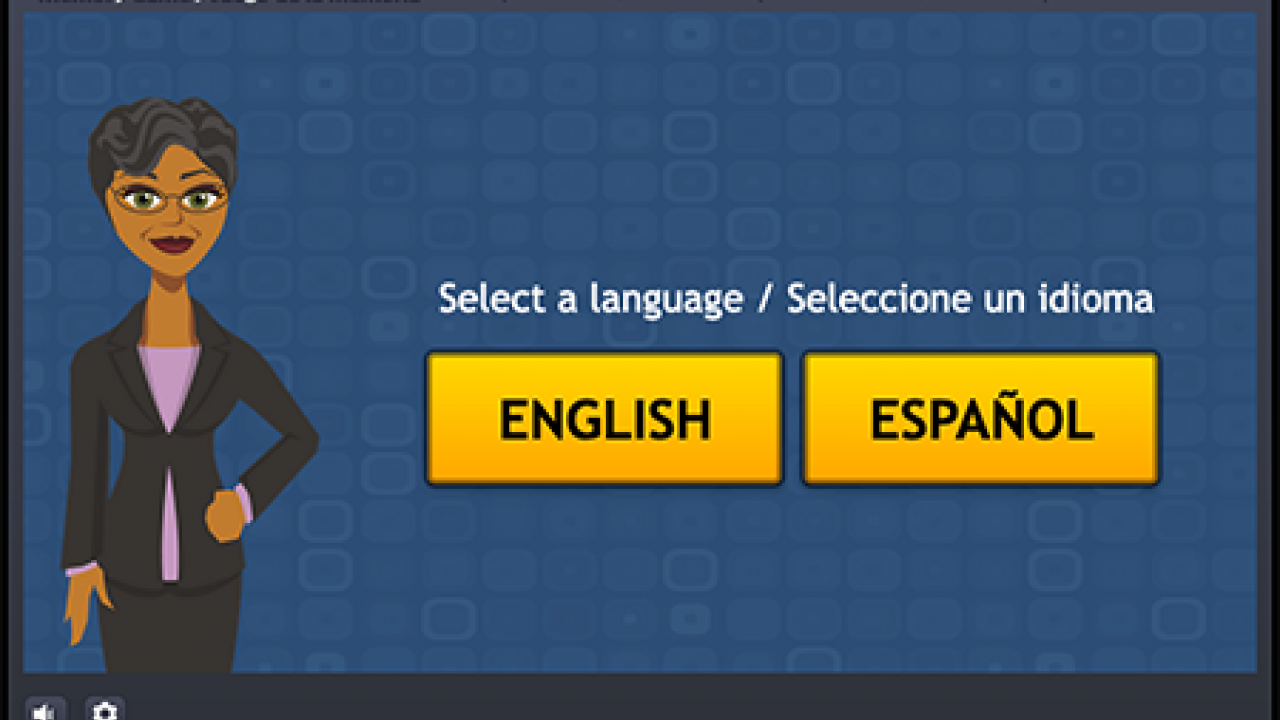Understanding Health Equity
Health equity is when everyone has the chance to be as healthy and as happy as they can be. Health inequity—which happens everywhere, not just in developing countries—is not a simple problem to solve. Knowing what it is and being able to recognize it is a very important first step. This series of activities will help you understand why equality (treating everyone the same way) is not the same as equity, and how “the three D’s” (diversity, discrimination, and disparities) interact to create situations where some people are disadvantaged in ways that affect their health. The final case study lets you apply what you’ve learned to show how health inequity is both avoidable and fixable.
Module 1: What is Health Equity?
Module 2: Health Inequity: Diversity, Discrimination, and Disparity
Module 3: Health Inequity and How We Live
Module 4: Health Inequity and Where We Live
Module 5: Health Equity: The Big City Case Study, Part 1
Module 6: Health Equity: The Big City Case Study, Part 2

Memory Game
This online game is a family-friendly activity to understand COVID-19 and what we can do to keep healthy and safe. Match the cards to each other and learn information on health topics and healthy activities.
Based on the printable version of La Loteria game developed by the National Alliance for Hispanic Health, this game is available in English and Spanish.
Prevention and Awareness Health Topics
The calendar is full of months and days dedicated to prevention and awareness of many health topics. Below you will find a growing collection of activities you can use and share to celebrate health, learn about prevention, and raise awareness of campaigns related to health topics.
January is Cervical and Thyroid Health Awareness Month. Use these icons and infographics to create online health awareness promotion.
November is American Diabetes Month.
* For best results use Chrome, Firefox, Safari, or Microsoft Edge as your browser

Learn How to Judge a Health Claim
You see health claims all the time in the news, in ads, on social media, and talking with your family and friends. Sometimes they are powerful, like a headline shouting “Miracle cure discovered!” Other times they are familiar, like a friend telling you to eat spicy food to reduce arthritis pain. It is hard to figure out the facts from the scams. This series of seven short activities (less than 10 minutes) will give you a few simple rules about what makes health information trustworthy. They can help you find the right information you need to make health decisions.
Activity 1: Treatments can harm
Activity 2: Personal stories are unreliable
Activity 3: Expert opinion is not enough
Activity 4: The role of comparison
Activity 5: Comparing like with like
Activity 6: The role of blinding
Activity 7: Size matters
Actividad 1: Los tratamientos pueden ser perjudiciales
Actividad 2: Las historias personales no son confiables
Actividad 3: No basta con la opinión de un especialista
Actividad 4: El papel de la comparación
Actividad 5: Comparar manzanas con manzanas
Actividad 6: El papel del cegamiento
Actividad 7: El tamaño importa


